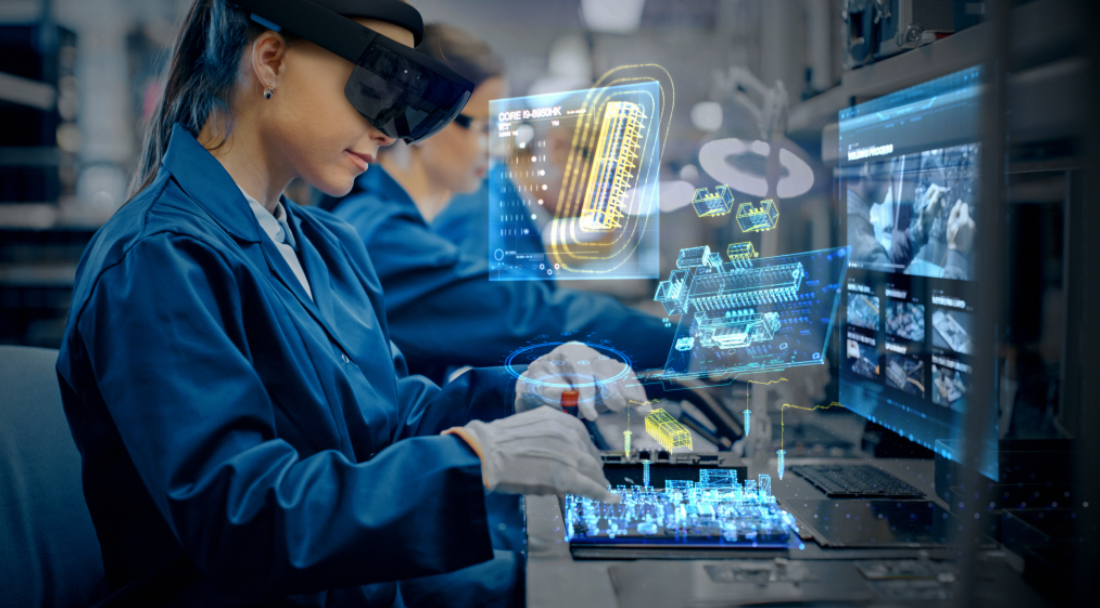What's Happening in the Tech Industry? (And Why You Should Care)
By: Shobini iyer (SEAS ‘27)
Over the years, the technology industry has seen significant breakthroughs, pushing the bounds of what was previously possible and revolutionizing our everyday lives. Recently, major technology companies have released brand-new products that have transformed the tech industry as we once knew it. Perhaps the most notable recent innovation was Apple’s release of its mixed-reality Vision Pro headset, which reached new horizons in augmented reality and spatial computing capabilities. Behind the buzz of these novel technologies are developing trends in the industry that continue to evolve day by day. Where could your CS degree take you amid our current tech landscape?
1. Generative AI
You likely have heard this term as a buzzword associated with ChatGPT, deep learning, and machine learning. The most popular example, ChatGPT was developed by OpenAI and deployed in November 2022, ChatGPT is a chatbot that mimics human intelligence to perform tasks — from essays to code to artwork. These generative AI models are trained using datasets to recognize small-scale and overarching patterns. The generative AI sector is focused on increasing productivity; however, there is still a lot of room for improvement in this relatively new sector. One of the companies that has been synonymous with generative AI is Nvidia, a company that produces the leading hardware and software tools for generating AI. According to a Bloomberg report, rising demand for generative AI products could add about $280 billion of new software revenue within the next decade.
2.VR/AR
First, It’s important to distinguish Virtual Reality (VR) from Augmented Reality (VR). While AR mimics real world settings by overlaying content onto the user’s view of their environment, VR requires a headset device that completely replaces reality with a simulated one. Despite VR/AR being frequently associated with entertainment, it has many industry applications beyond Oculus or Vision Pro headsets. AR/VR technology is bringing greater productivity to many industries — from redefining online shopping to navigation to healthcare. For instance, MediView recently announced its first use of the FDA approved AR based surgical navigation system, which opens new doors for medical imaging. A projected 23 million jobs will depend on VR by 2030.
3.Blockchain
Blockchain is a database mechanism that allows information to be stored in a secure database and transmitted across computers in a network. Blockchain is the underlying technology that cryptocurrency such as Bitcoin is built upon. Certain industries — such as banking and finance — have embraced Blockchain technologies to trace transactions. There are a rapidly growing number of startups in this space, which will likely result in a boom in blockchain adoption in the upcoming years. This technology is projected to have notable implications on the economy, projected to boost the global economy $1.76 trillion by 2030 through raising levels of tracking, tracing and trust.
Be sure to sign up for our mailing list and like us on instagram to find out more about interesting events and opportunities at WiCS!
